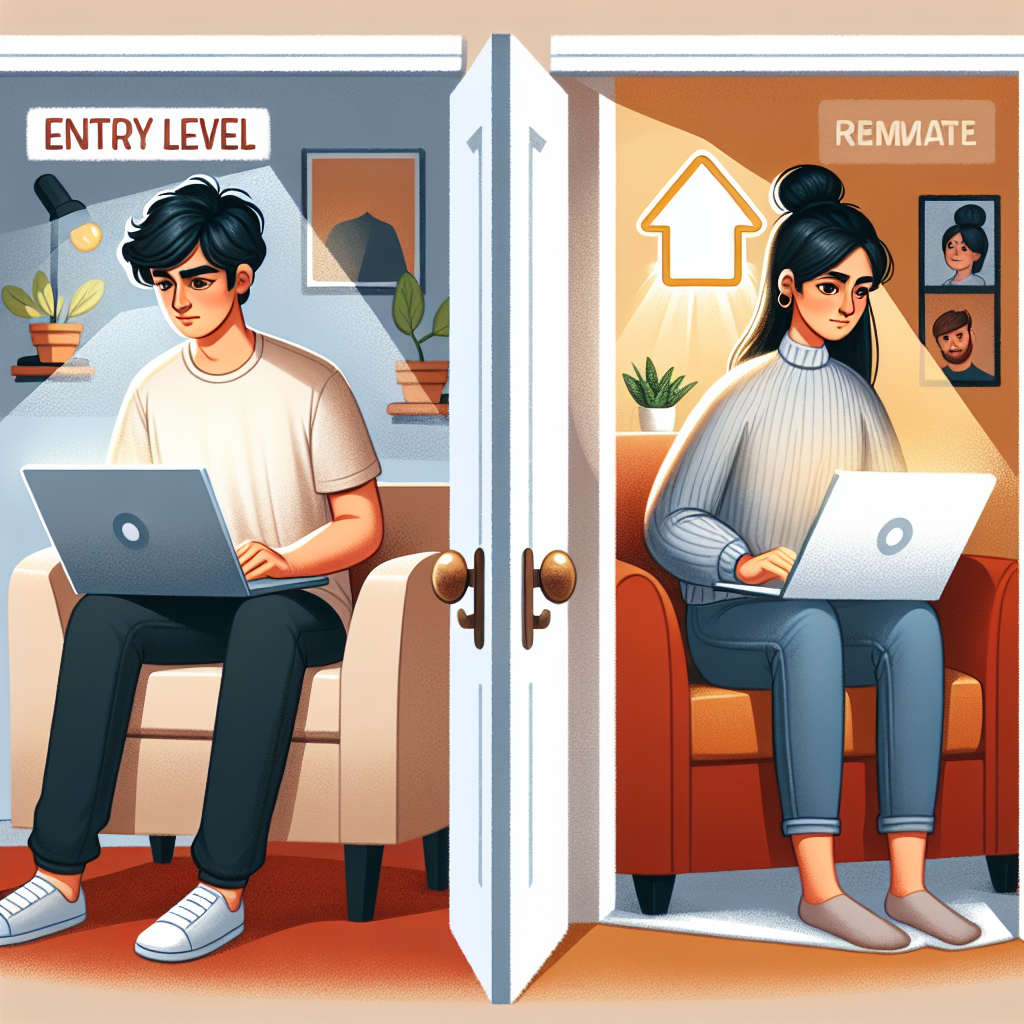Exploring Entry Level Remote Careers: What It Means For You. If you’re curious about starting a remote job with little to no prior experience, this article outlines what entry-level remote work looks like, who it suits, and practical steps you can take to land and succeed in these roles. Remote entry-level roles can open doors to flexible schedules, location independence, and a lower-cost commute, but they also come with unique challenges that are worth understanding before you apply.
What counts as entry-level remote work?
Entry-level remote work typically refers to positions that require minimal professional experience and often include training or on-the-job learning. Common examples include customer service representative, data entry clerk, virtual assistant, content moderator, and junior social media coordinator. These roles emphasize transferable skills—communication, organization, basic computer literacy—over advanced technical expertise.
Typical responsibilities and expectations
Employers hiring for remote entry-level roles will often expect reliable internet access, clear written and verbal communication, punctuality, and the ability to follow processes remotely. Responsibilities might include:
- Answering customer inquiries via chat, email, or phone
- Entering and verifying data in online systems
- Managing calendars, scheduling, and basic administrative tasks
- Monitoring social channels and escalating issues
- Assisting with content tagging or moderation
Exploring entry-level remote careers and what they mean for job seekers
Choosing an entry-level remote position often means prioritizing flexibility and growth potential over immediate high pay. Remote roles can provide a pathway to build industry-relevant experience, acquire digital skills, and transition into higher-level remote or hybrid positions. For people reentering the workforce or changing careers later in life, these roles can be especially attractive because they reduce geographic barriers and offer a gentler reintroduction to professional routines.
Who benefits most from remote entry-level roles?
Several groups find entry-level remote opportunities particularly useful:
- Career changers seeking practical experience while studying or training
- Parents and caregivers needing schedule flexibility
- People in regions with limited local job markets
- Those returning to work after a long break who want a less intensive reentry
How to position yourself for success
Landing an entry-level remote job requires intentional preparation. Start by highlighting transferable skills on your resume and in interviews—customer service, time management, written communication, and familiarity with common collaboration tools (email, Zoom, Slack, Google Workspace). Consider short online courses or micro-credentials that demonstrate commitment and competence in a specific area, such as virtual assistance or basic digital marketing.
Practical application tips
- Customize your resume for each role to emphasize relevant remote-ready skills.
- Create a simple portfolio or document that shows examples of written communication or completed projects.
- Practice remote interview scenarios, including troubleshooting basic tech issues and describing your home workspace setup.
- Network in online communities and industry-specific forums to find unadvertised openings.
Challenges to be aware of
Remote entry-level positions can sometimes offer fewer mentorship opportunities than in-office roles, and it can be harder to build relationships with colleagues. Self-discipline is critical: remote work demands routine, clear boundaries, and proactive communication. Pay and benefits vary widely, so research companies carefully and ask about training, advancement prospects, and support systems during interviews.
Career transitions and targeted resources
If you’re contemplating a bigger career change—such as returning to work later in life or switching industries—there are targeted guides and communities that can help. For example, resources focused on midlife career reinvention offer practical steps, from skills mapping to networking strategies; one helpful guide on this subject is starting fresh: new career paths for women at 50, which discusses strategies for beginning anew and finding meaningful work later in life.
Where to learn more and find data
Understanding broader trends in remote work can help you set realistic expectations. The U.S. Bureau of Labor Statistics provides accessible research and articles about working remotely and its implications for the labor market; see their overview on working remotely for context and data-driven insights: BLS article on working remotely.
Quick takeaways
- Entry-level remote roles are accessible pathways to gain experience and skills without relocating.
- Success depends on clear communication, digital literacy, and self-management.
- Use targeted training, networking, and specialized guides to accelerate your transition.
FAQ
Q: Do entry-level remote jobs pay less than in-office roles?
A: Pay varies by industry and region. Some remote entry-level roles pay competitively, while others are lower-paid. Research company reviews, ask about compensation bands, and consider total compensation (benefits, flexibility) when evaluating offers.
Q: How can I prove I’m reliable when I lack professional experience?
A: Highlight volunteer work, freelance projects, course completions, or any consistent responsibilities that demonstrate reliability. Offer references who can vouch for your punctuality and communication skills, and provide concrete examples during interviews.



